Showing 13–24 of 36 results
-
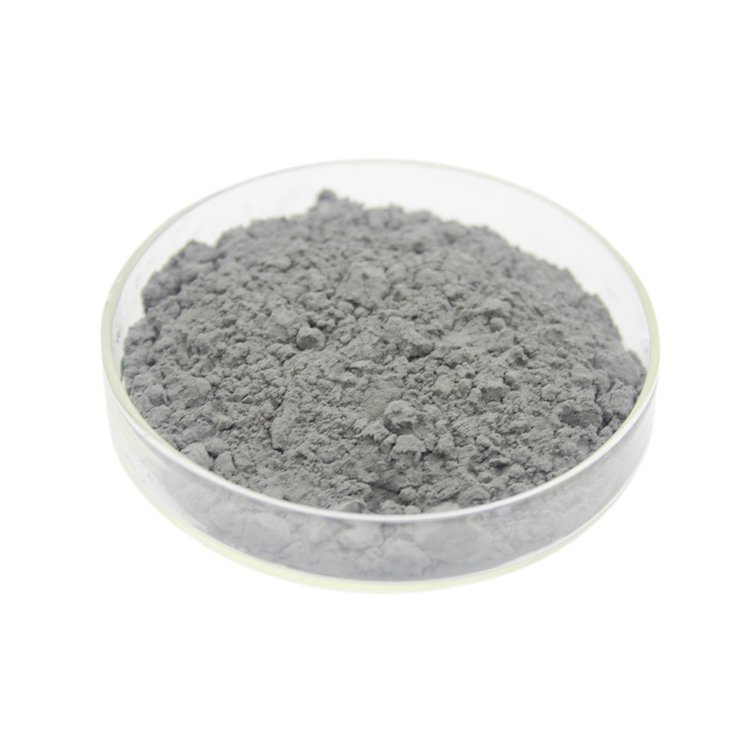
- High Purity: ≥99.9% purity, ensuring optimal performance in demanding applications.
- High Temperature Resistance: Molybdenum maintains its strength at elevated temperatures, making it ideal for high-temperature applications.
- Thermal Conductivity: Excellent heat conductivity, ideal for use in applications requiring heat dissipation.
- Corrosion Resistance: Highly resistant to corrosion in harsh environments, such as in the presence of acids and alkalis.
- Fine Powder Form: Available in a wide range of particle sizes, from nano to micron, providing flexibility for various industrial processes.
- Electrical Conductivity: Good electrical conductivity, making it suitable for electronics and electrical applications.
-
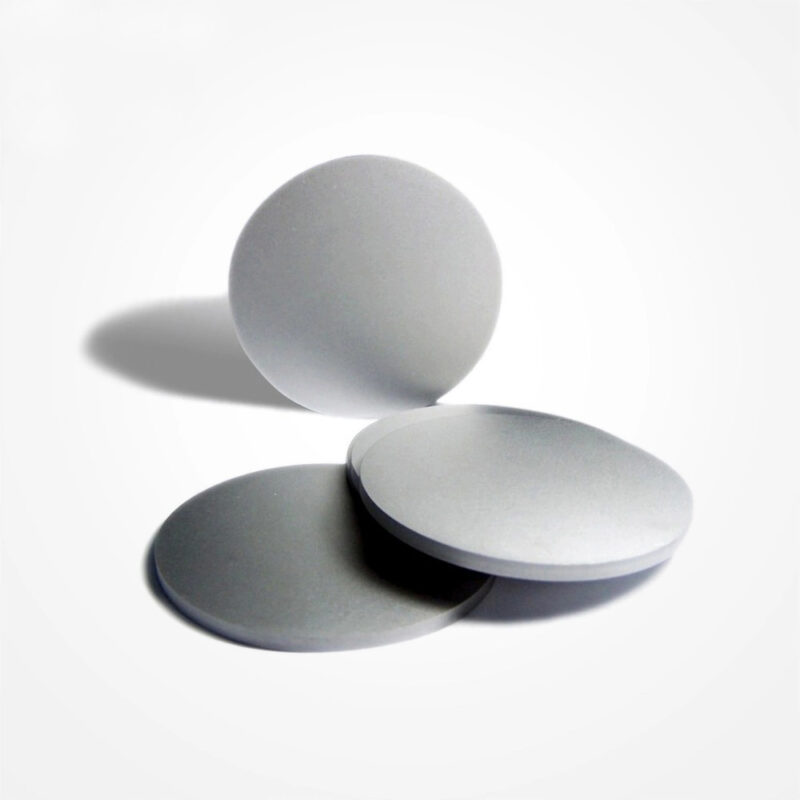
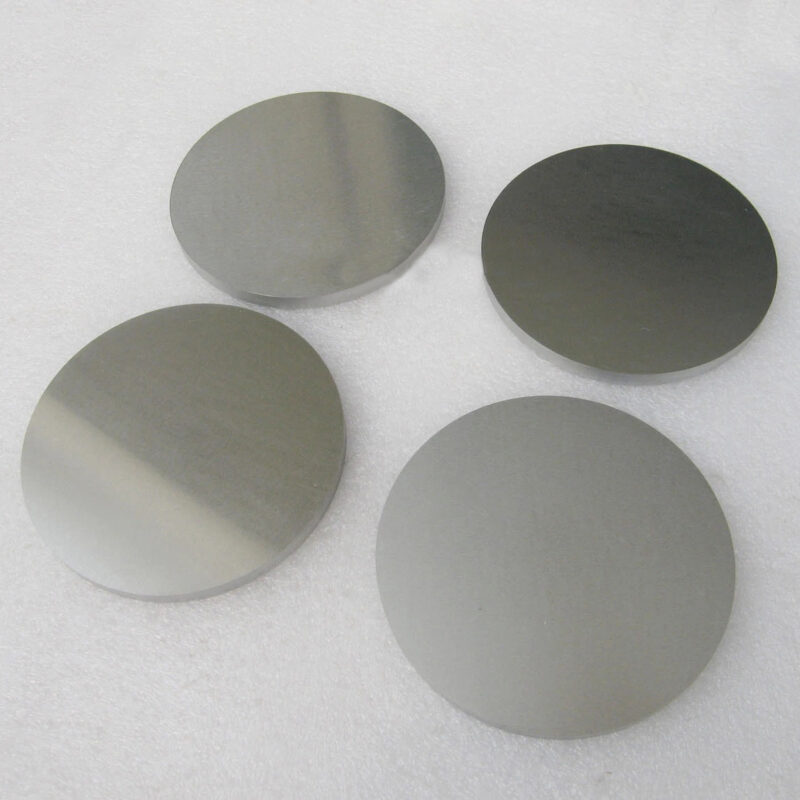
Molybdenum sputtering targets play a crucial role in industries that require high-performance, heat-resistant, and conductive coatings. Their application in semiconductors, solar cells, flat panel displays, and aerospace components highlights the versatility and importance of molybdenum in modern technology.
-
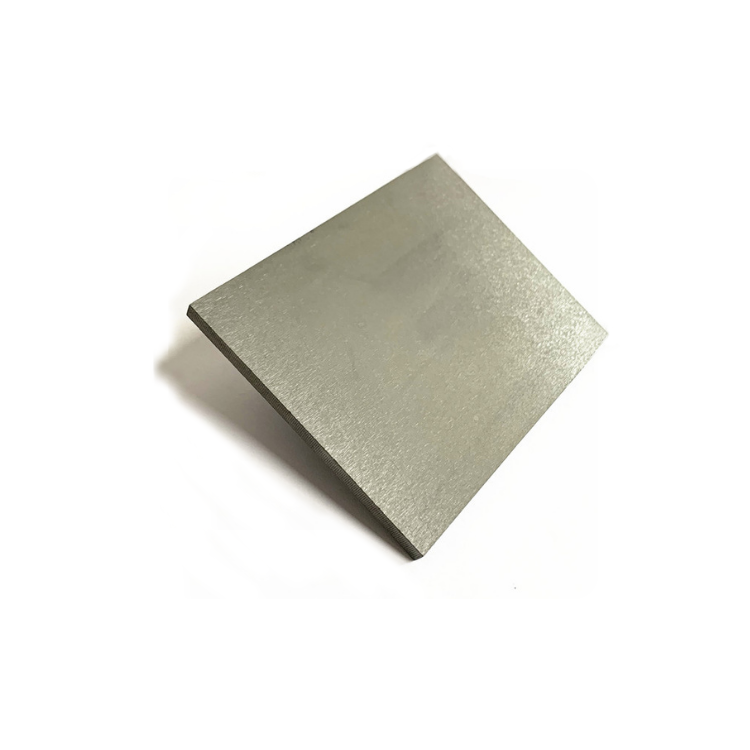
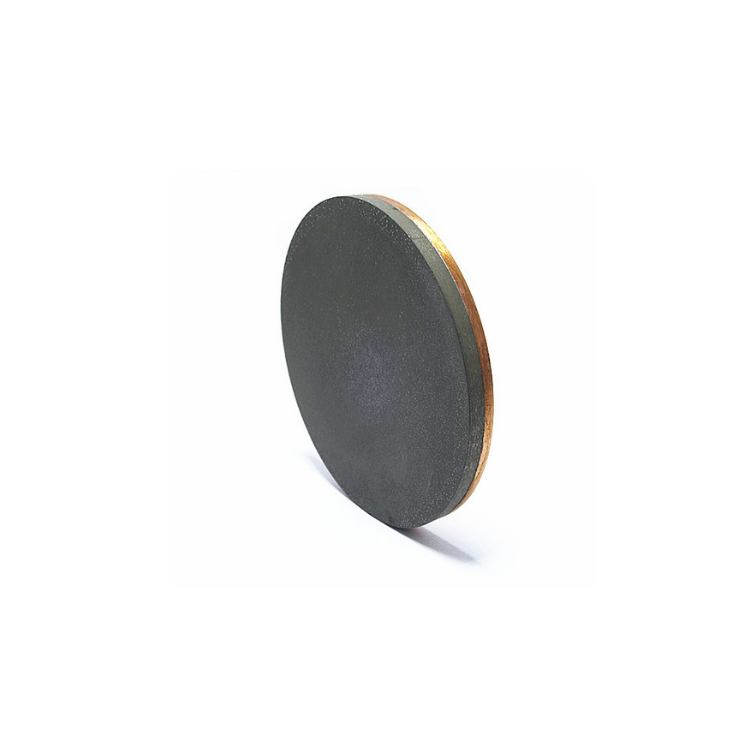
- High purity: Ensures superior film quality with minimal contamination.
- Outstanding hardness: Provides durability for mechanical applications.
- Thermal stability: Ideal for high-temperature environments.
- Customizable dimensions: Available in a variety of sizes, shapes, and thicknesses to meet specific project requirements.
- High deposition efficiency: Optimized for uniform thin-film production.
-
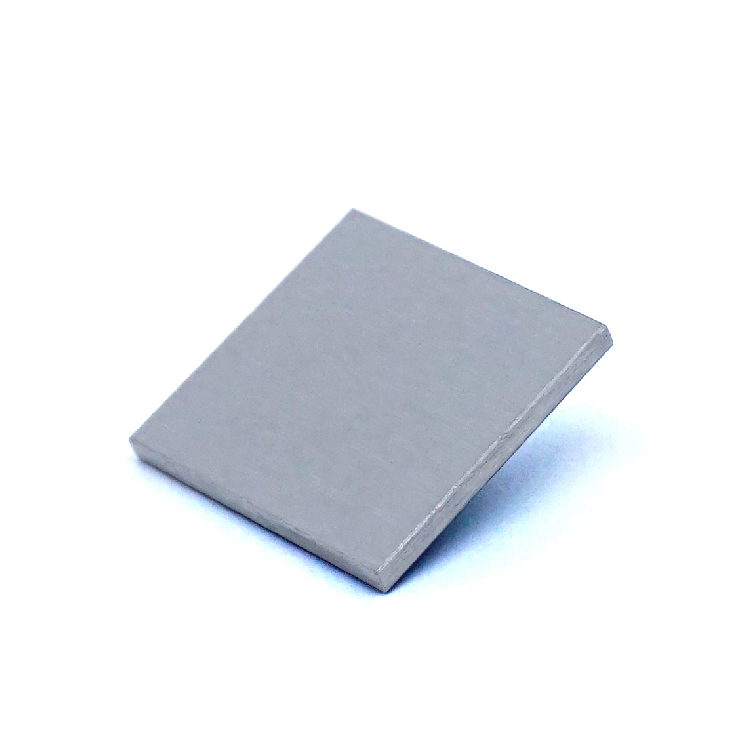
- High Hardness: Provides robust protective coatings for enhanced durability.
- Thermal and Chemical Stability: Ensures excellent performance in harsh environments.
- Electrical Conductivity: Suitable for electronic applications requiring conductive thin films.
- Customizable Options: Available in various dimensions and configurations for specific needs.
- Consistent Quality: Manufactured to deliver uniform deposition rates and film properties.
-
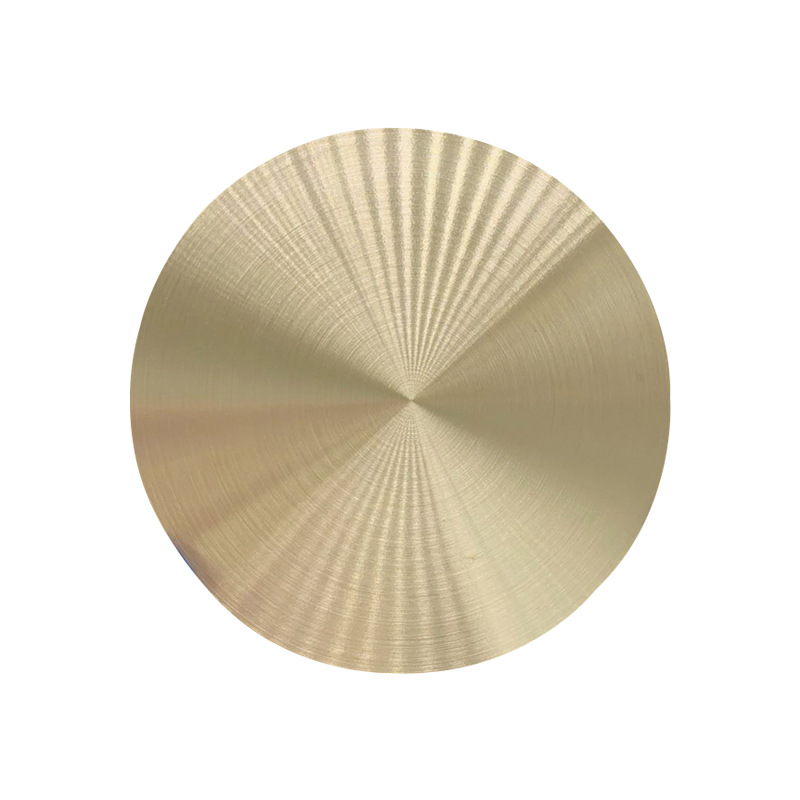
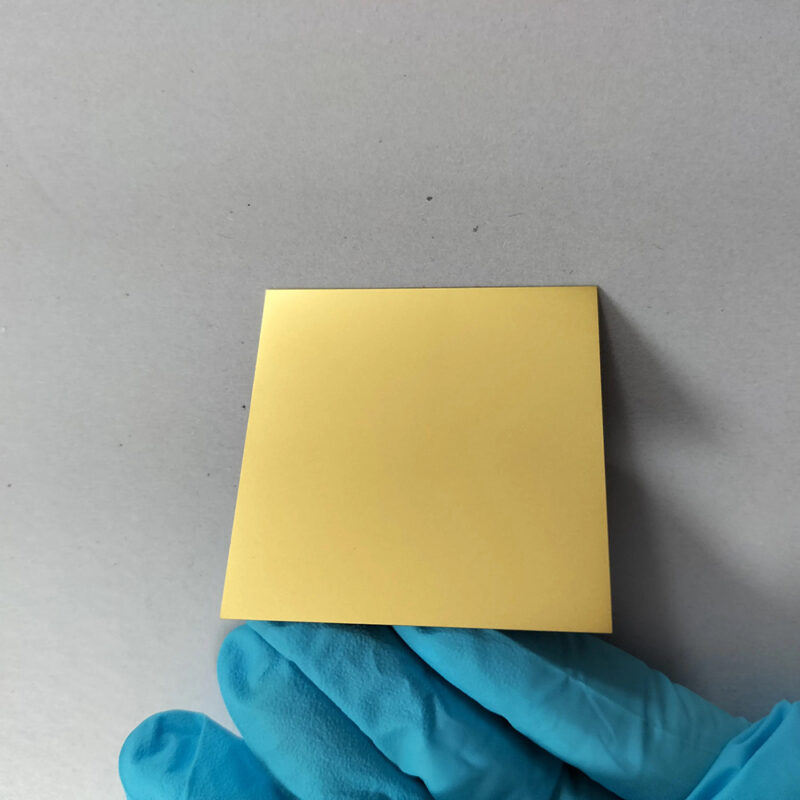
- High Thermal Conductivity: Copper’s excellent thermal conductivity ensures effective heat dissipation in thin-film coatings, crucial for applications in electronics and thermal management systems.
- Mechanical Strength: Molybdenum contributes strength and rigidity to the MoCu alloy, ensuring mechanical stability in high-temperature and high-stress applications.
- Corrosion Resistance: The MoCu alloy provides good resistance to corrosion, making it suitable for use in environments where materials are exposed to moisture, chemicals, or harsh conditions.
- Low Thermal Expansion: The alloy’s combination of molybdenum and copper results in low thermal expansion, reducing the risk of film cracking or damage under thermal stress.
- Customizable Composition: The ratio of molybdenum to copper can be tailored to optimize the thermal, electrical, and mechanical properties to meet specific application requirements.
-
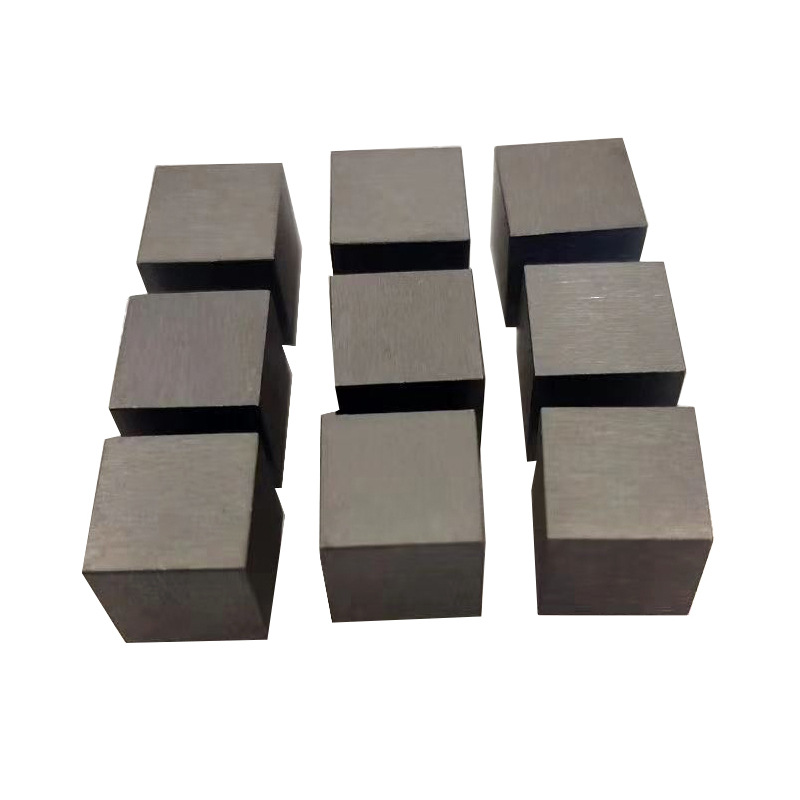
- High Strength: Offers superior mechanical properties, making it suitable for demanding applications.
- Temperature Stability: Maintains integrity at elevated temperatures, which is crucial for aerospace and industrial uses.
- Versatile Composition: Can be tailored to specific ratios of molybdenum and iron for optimized performance.
-
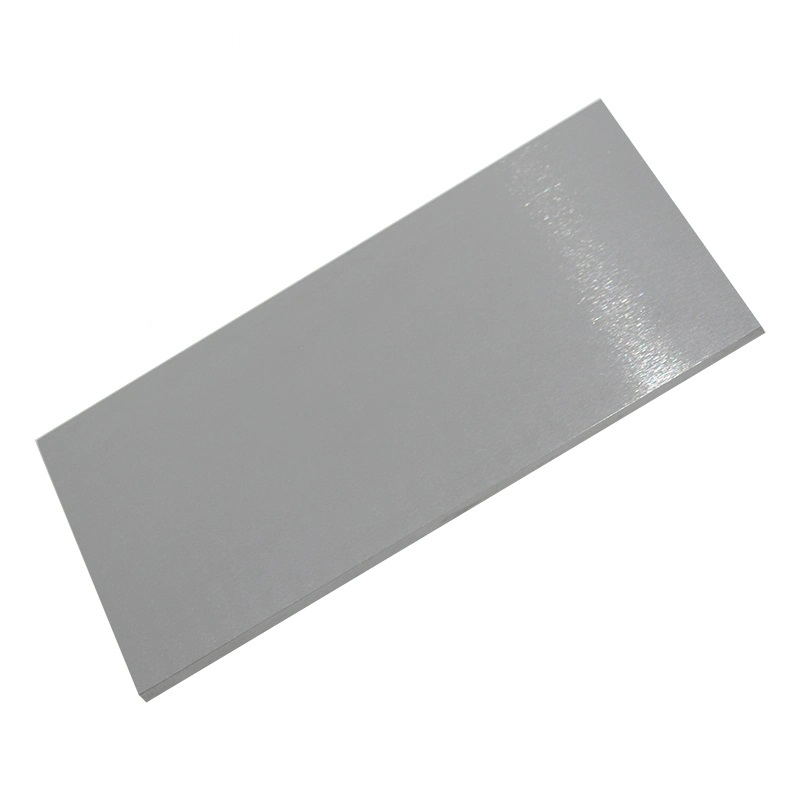
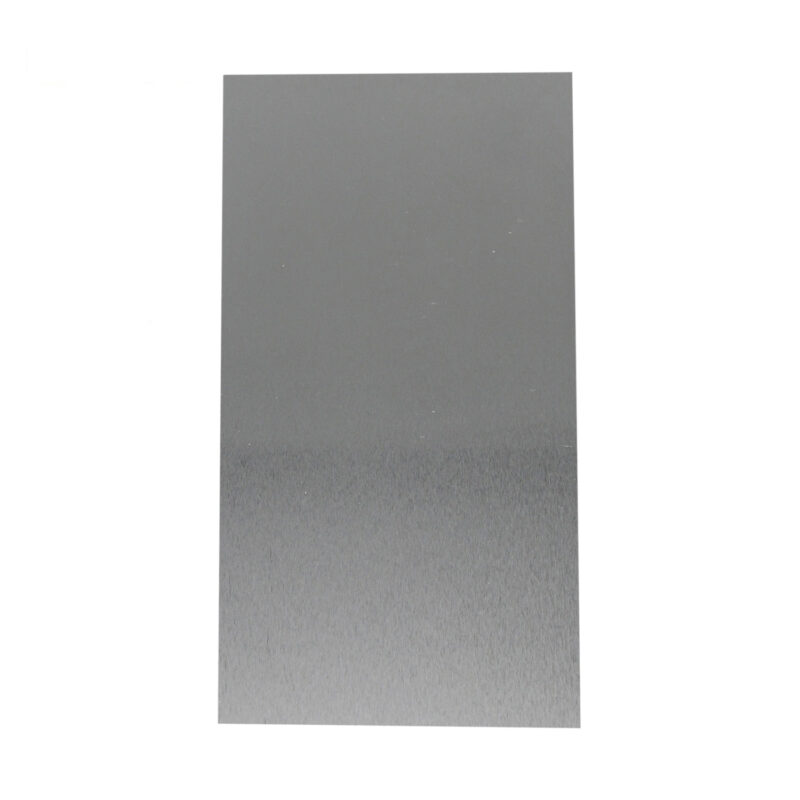
- High Thermal Stability: The MoLa alloy has excellent resistance to deformation and oxidation at high temperatures, ensuring reliability in demanding thermal environments.
- Enhanced Ductility: The addition of lanthanum oxide improves the ductility of molybdenum, making the alloy easier to process and form into thin films without compromising its strength.
- Oxidation Resistance: MoLa exhibits outstanding resistance to oxidation, especially at elevated temperatures, providing long-term stability and durability.
- Improved Machinability: The lanthanum content enhances the machinability of molybdenum, allowing for more precise fabrication of sputtering targets and thin-film coatings.
-
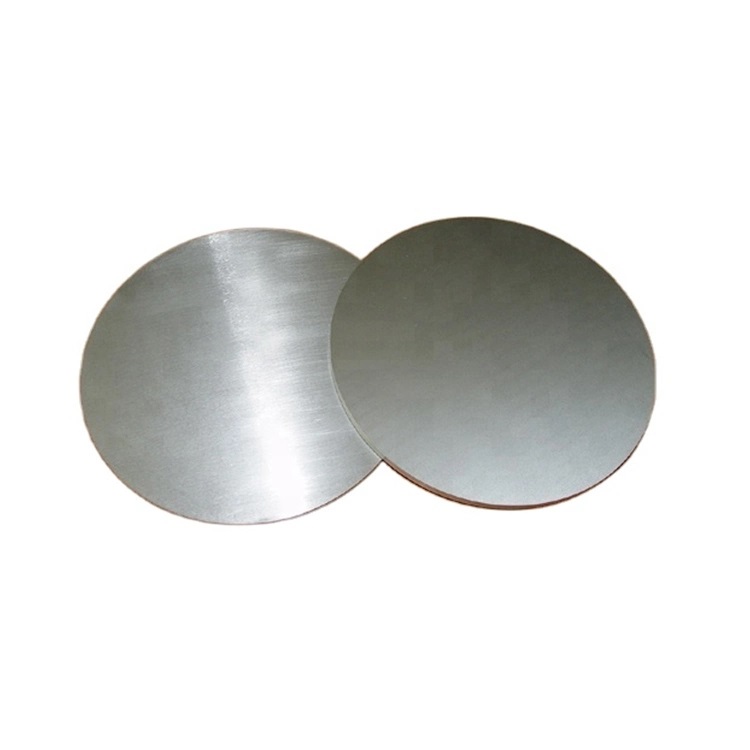
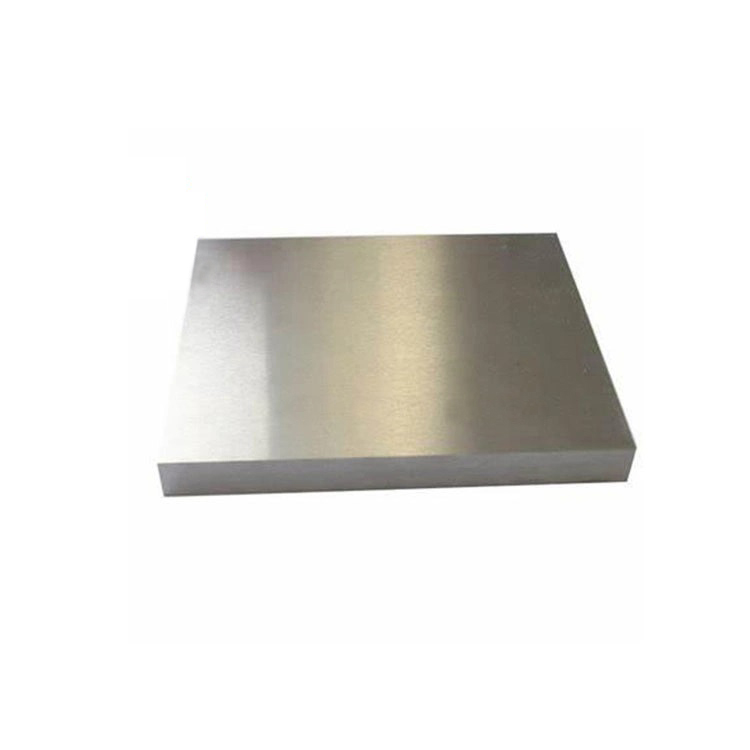
- High Mechanical Strength: The combination of molybdenum and niobium results in an alloy with high tensile strength, making it suitable for demanding structural applications.
- Thermal Stability: MoNb alloys maintain their mechanical properties at elevated temperatures, making them ideal for high-temperature applications, such as coatings for turbine components.
- Corrosion Resistance: The alloy exhibits excellent resistance to oxidation and corrosion, ensuring long-term performance in harsh environments.
- Low Density: Compared to pure molybdenum, the addition of niobium reduces the density of the alloy, enhancing its performance in weight-sensitive applications.
- Customizable Composition: The molybdenum-to-niobium ratio can be tailored to optimize the properties of the alloy for specific applications, whether enhancing strength, thermal stability, or corrosion resistance.
-
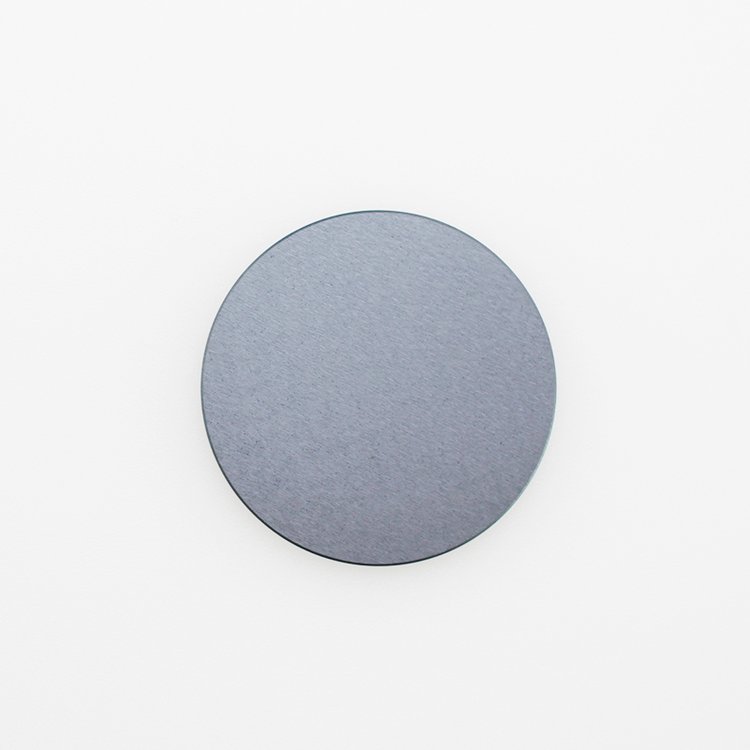
- High Purity: Guarantees superior film quality and reduces impurities.
- Excellent Conductivity: Suitable for applications requiring conductive thin films.
- Thermal Stability: Performs reliably in high-temperature environments.
- Customizable Specifications: Tailored to specific sputtering system requirements.
- Versatility: Compatible with various sputtering techniques, including RF and DC.
-
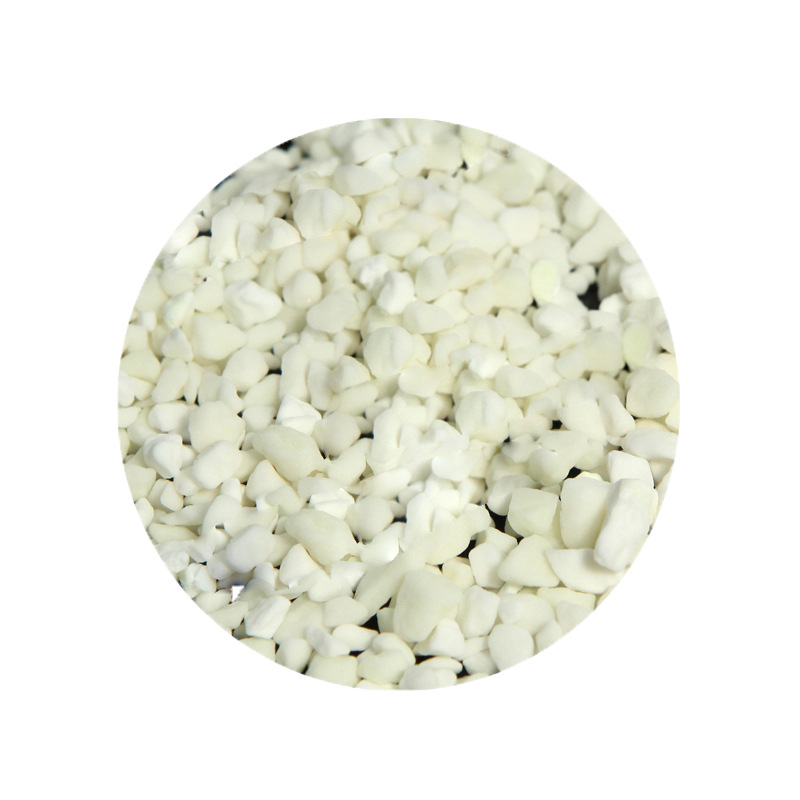
- High Optical Transparency: MoO₃ is transparent in the visible spectrum and is often used in optoelectronic devices that require high transparency and conductivity.
- Excellent Electrical Conductivity: MoO₃ is often used to improve charge injection in electronic devices, particularly in organic electronic applications.
- Thermal Stability: It has a high melting point (~795°C), making it suitable for high-temperature evaporation processes.
- Chemical Properties: MoO₃ is known for its oxidation properties, making it useful in catalysis and other chemical applications.
- Layer Uniformity: When used in deposition processes, MoO₃ can form highly uniform thin films with excellent adhesion properties.
-
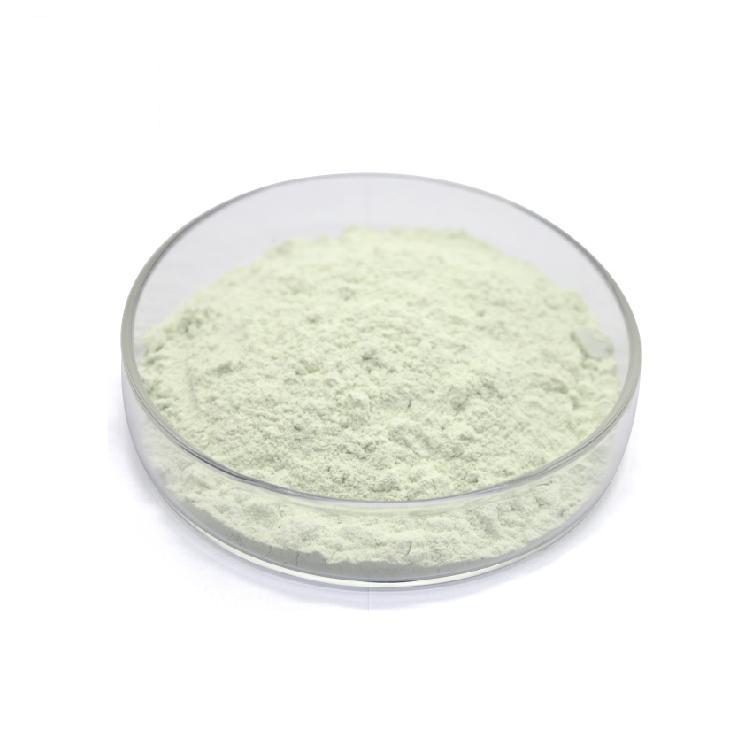
- High Purity: Ensures reliable performance in sensitive applications.
- Thermal Stability: Withstands high-temperature environments.
- Oxidizing Agent: Ideal for catalytic and chemical synthesis.
- Semiconducting Properties: Applicable in electronic devices.
- Customizable Particle Sizes: Nano to micrometer scales available.
- Excellent Optical Transparency: Suitable for optical coatings and devices.
-
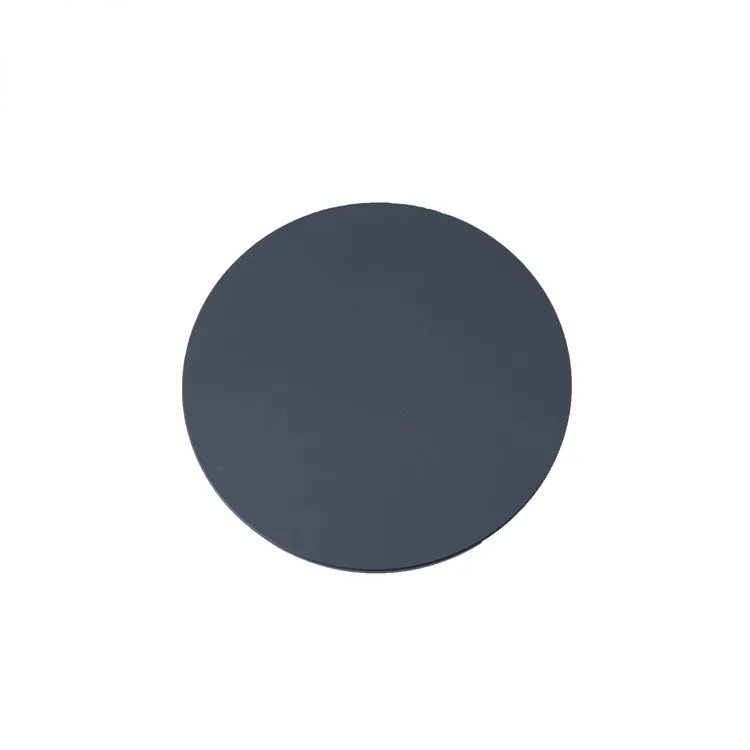
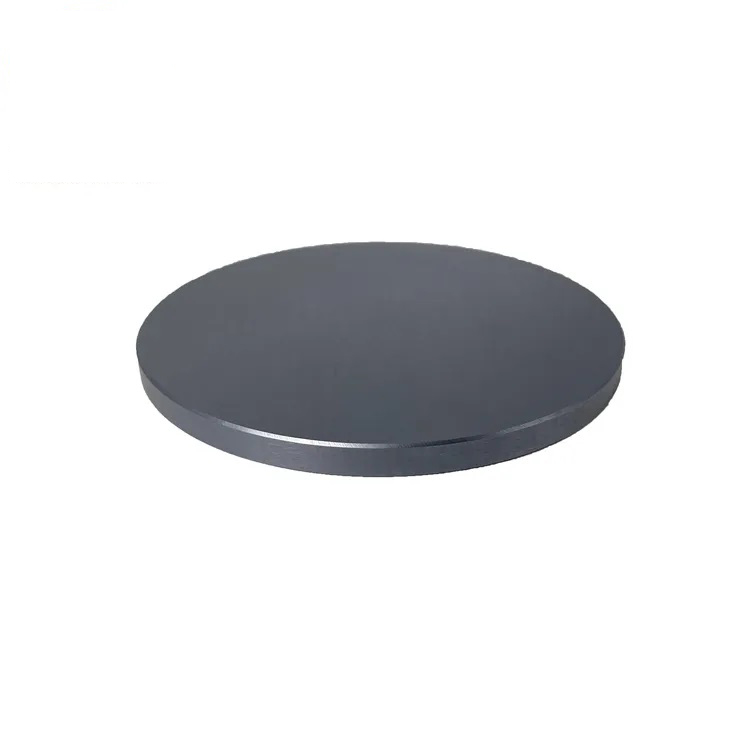
- High Work Function: MoO₃ is known for its high work function, which makes it ideal for applications requiring efficient charge injection or extraction, such as OLEDs and OPVs.
- Excellent Catalytic Properties: MoO₃ is a robust catalyst, especially in oxidation reactions, making it suitable for industrial chemical processes and catalytic thin films.
- Electrochromic Behavior: MoO₃’s ability to undergo reversible oxidation-reduction reactions makes it ideal for use in electrochromic devices.
- Optical Transparency: MoO₃ thin films can be transparent in the visible and near-infrared regions, which is beneficial for optoelectronic devices requiring transparent electrodes or coatings.


















